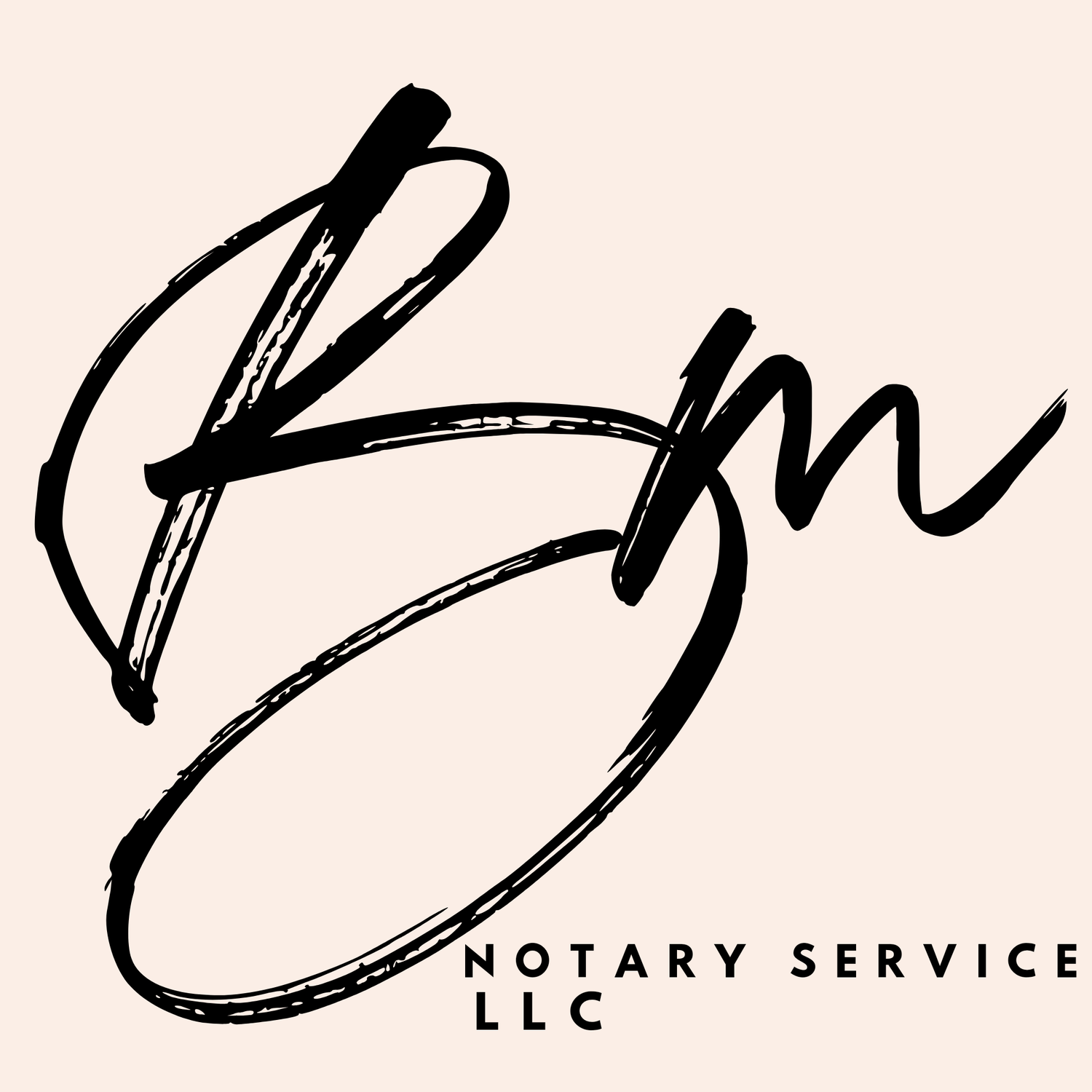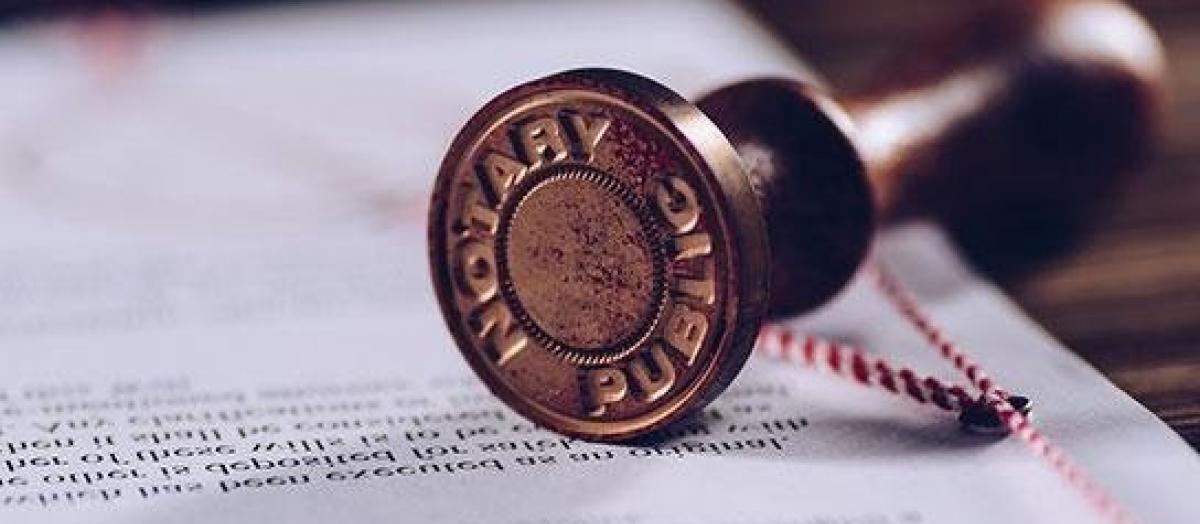Notary Public: Your Trusted Witness and Paper Authenticator
Notary Public: Your Trusted Witness and Paper Authenticator
Blog Article
Debunking Notarial Work: Streamlining the Duty and Importance of Notaries
In the elaborate web of lawful paperwork and confirmation, notaries stand as columns of assurance and authenticity. Their duty, typically shrouded in enigma for several, brings considerable weight in making sure the legitimacy and honesty of vital records. As guardians of legality and truth, notaries play an essential part in our culture, yet their work is not always totally recognized. By untangling the intricacies bordering notarial techniques and losing light on the value of their acts, a more clear understanding arises of the important duty notaries play in supporting the textile of legal and legal agreements.
The History of Notarial Job
Exactly how did notarial job progress with time to come to be an important part of lawful and business transactions? The background of notarial job go back to old human beings, where scribes played a vital duty in recording essential information and authenticating files. As societies proceeded, the need for an extra formalized system to guarantee the credibility of contracts occurred. This resulted in the growth of notaries, people appointed by the state to work as objective witnesses in legal issues.
During the Middle Ages, notaries gained prestige in Europe, with their functions expanding to consist of preparing lawful papers, licensing trademarks, and preserving documents. The rise of international profession further emphasized the importance of notarial job in verifying agreements and contracts throughout borders.
In the contemporary era, notaries proceed to play a crucial duty in legal and service deals by verifying identifications, validating the credibility of papers, and avoiding fraudulence. Their role in certifying the legitimacy of arrangements adds a layer of protection and trust to the ever-evolving landscape of business and regulation.

Obligations and Obligations of Notaries
The historic development of notarial job from old human beings to the contemporary age has shaped the unique responsibilities and obligations that notaries support in legal and organization deals today. Notaries play a vital duty in confirming the credibility of documents and the identity of notaries. One of their main obligations is to witness the finalizing of vital documents, such as acts, contracts, and wills, to make certain that all celebrations are participating in agreements purposefully and willingly. Notaries additionally validate that notaries are of audio mind and not under pressure or threat.
Moreover, notaries are tasked with administering affirmations and vows, which are crucial in legal procedures and the implementation of affidavits. They certify copies of original papers, supplying guarantee to institutions that the copies are true replicas of the originals. Notaries need to maintain accurate records of all deals they supervise to make sure openness and liability. Generally, the obligations and responsibilities of notaries are vital in guarding the honesty and validity of numerous papers and deals.
Notarial Certificates and Signatures
Exhibiting thorough interest to detail, notarial certificates and signatures offer as crucial parts in verifying the credibility of legal records. Notarial certifications normally consist of essential information such as the day of notarization, the names of the signatories, a summary of the file, and the notary's official seal. These certificates provide a description clear document of the notarial act, making sure that the file can be easily recognized and traced back to the notary that supervised the click reference process.
Trademarks play an essential function in notarial job, as they signify the contract and authorization of the events entailed. Notaries very carefully witness the finalizing of files to validate the identity of the notaries and verify that they are authorizing of their very own free will. By attaching their official seal and trademark to the file, notaries license that the needed treatments have been complied with and that the record is valid and enforceable.
In significance, notarial certificates and trademarks are the hallmark of authenticity in legal transactions, giving assurance to all parties involved that the files are genuine and binding.
Relevance of Notarial Acts

Registration Process Described
Discussing the registration process provides clearness on the necessary steps associated with validating lawful files. The notarization process typically starts with the individual offering the document to a notary public. The notary then confirms the signer's identification with appropriate identification techniques. Once the identity is confirmed, the site link notary guarantees that the individual authorizing the file does so willingly and without any threat.

Conclusion

Notarial certificates generally include critical information such as the date of registration, the names of the notaries, a summary of the file, and the notary's main seal. These certificates supply a clear record of the notarial act, making sure that the file can be easily identified and traced back to the notary who managed the process.
By attaching their official seal and signature to the file, notaries certify that the required procedures have been adhered to and that the file is valid and enforceable.
By confirming the identity of the notaries, confirming their readiness to get in right into the contract, and licensing the date and location of the finalizing, notaries play a critical role in supporting the credibility of lawful documents.After the paper is signed, the notary will certainly affix their official seal or stamp onto the record.
Report this page